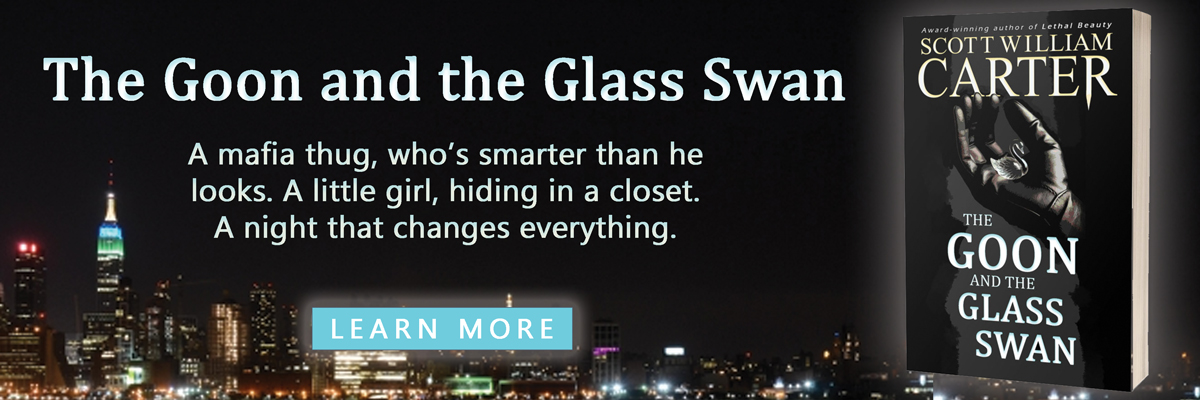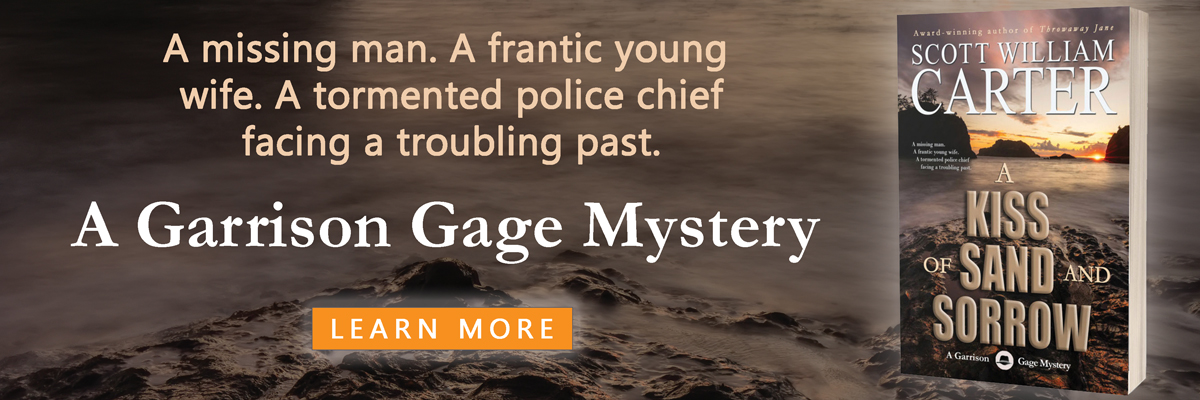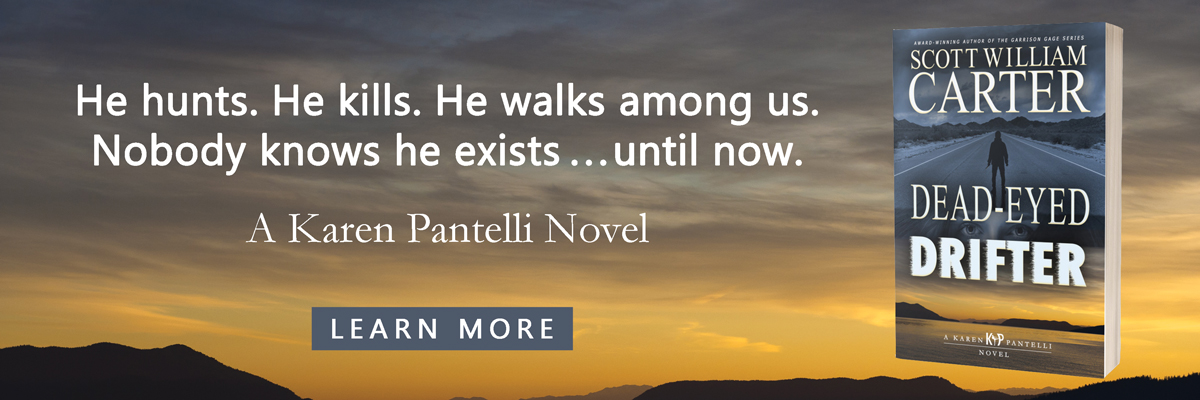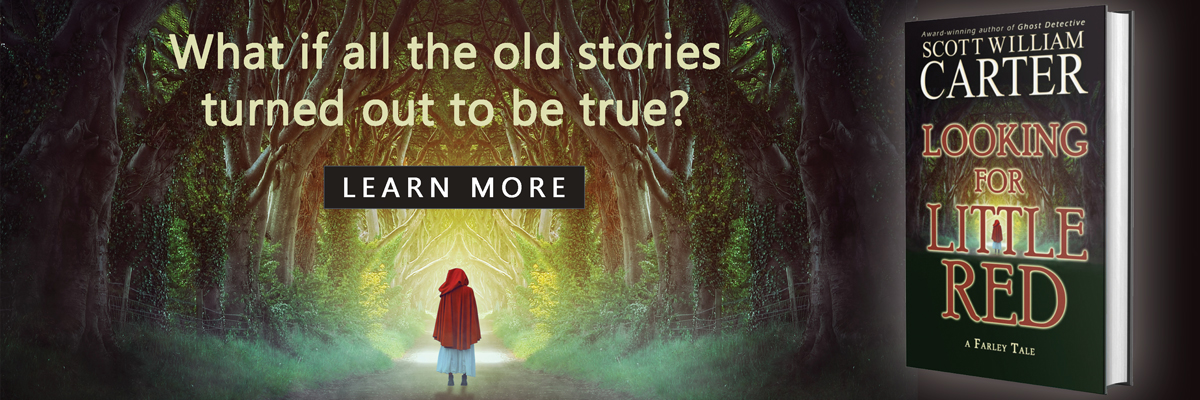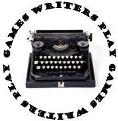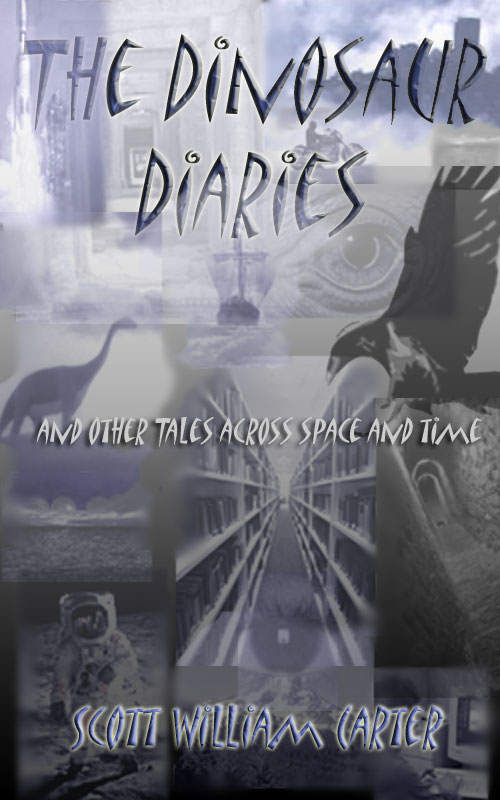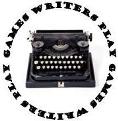 “Writers are, pretty much thieves, stealing ideas from other people who didn’t have the foresight to write them down, and then from the people who did have the foresight to write them down.” — Lemony Snicket
“Writers are, pretty much thieves, stealing ideas from other people who didn’t have the foresight to write them down, and then from the people who did have the foresight to write them down.” — Lemony Snicket
Probably the number one question I get asked — especially by people who aren’t writers — is where I get my ideas. The truth is, ideas are a dime a dozen. They can come from anywhere. It’s what you do with those ideas that matters. One of the common mistakes that a lot of beginning writers make is thinking that ideas are a finite resource, that if you think of a good one then you’d better protect it fiercely because you don’t want anyone “stealing it” from you.
In actual practice I’ve often found that the ideas that I find most precious, the ones that I hold onto the longest, turning them over in my mind, shaping and molding them, don’t often turn out as well as the ones I think up on the spot. I think this has something to do with letting an idea go where it takes you rather than trying to force an idea into a preconceived box.
Here’s a technique that I like to call “ripped from the headlines,” to borrow Law and Order’s tagline, that can help you think up ideas on the spot: Use a newspaper headline to generate a story question. Don’t read the article. Just use the headline to ask questions.
Instead of an actual newspaper, head over to a news search site like http://news.google.com and type in something like “burglary.” You’ll come up with a bunch of articles. Choose one that raises questions in your mind. Trying it now, here’s one that jumps out at me: “Teenagers Arrested In Marina For Burglary.”
Who are these teenagers? What were they doing in the marina? What were they stealing? Don’t settle for the first answer that comes to mind. Push a little further. Maybe one of the teenagers was stealing a rare comic book from an artist everyone thought was dead, a guy living on a small yacht, and the other teenager was trying to stop him. Maybe this crime leads to an unusual friendship.
Who knows. You can go anywhere once you have the headline. It’s just a place to start, and sometimes that’s all you need.
-+-
All posts in this series can be found at
www.gameswritersplay.com
 This is another game that works best if you you’re using a book or story you haven’t read — much easier to let your imagination go where it wants go. Here’s how it works:
This is another game that works best if you you’re using a book or story you haven’t read — much easier to let your imagination go where it wants go. Here’s how it works:
